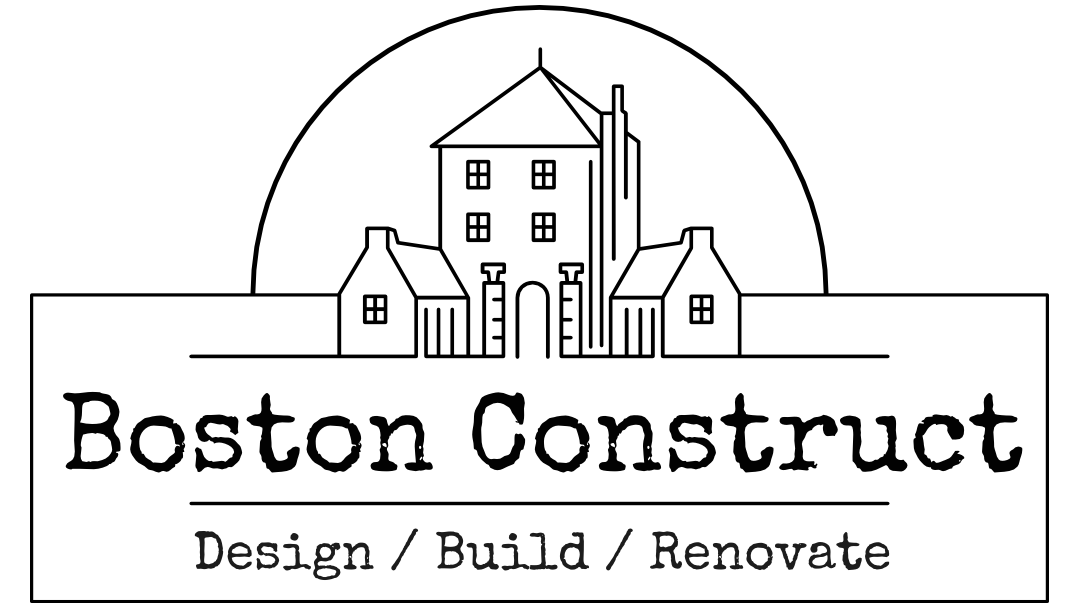FAQ: Overcoming Construction Delays & Challenges in Your Boston Custom Home Project
Building a custom home in Boston comes with its challenges, and ensuring your project runs smoothly can be a daunting task. A well-informed approach is key to avoiding construction delays and addressing potential issues throughout your build. In this FAQ article, we will tackle common concerns and provide actionable insights to help you navigate the complexities of your Boston custom home project with confidence. From managing design changes to addressing unforeseen obstacles, we will share best practices to keep your project on schedule and overcome challenges. With expert advice at your fingertips, you'll feel prepared to face the inevitable bumps in the road, ensuring a successful, streamlined custom home build experience in the Boston area.
Understanding and Mitigating Permit Delays
One common cause of construction delays is the process of obtaining the necessary permits for your custom home project in Boston. To minimize potential waiting times and roadblocks, consider the following:
1. Research local building codes and requirements: Familiarize yourself with Boston's zoning regulations, building codes, and specific requirements for residential construction projects.
2. Consult with professionals: Work closely with your design-build team, who should be experienced with Boston's permitting process, to ensure all plans and documentation meet local requirements.
3. Apply early: Submit permit applications early in your project timeline, as approval processes can often take longer than expected.
Addressing Weather-related Delays
Given Boston's climate, weather can be a significant factor affecting the construction timeline. Here are some steps to minimize weather-related delays:
1. Schedule carefully: Plan your construction timeline around Boston's weather patterns, such as avoiding excavation during winter when the ground may be frozen.
2. Regular communication with the team: Maintain clear communication with your design-build team to ensure they are taking the necessary precautions for upcoming weather conditions and adjusting schedules accordingly.
3. Plan for contingencies: Incorporate a buffer in your construction timeline to account for weather-related delays and unexpected events.
Managing Design Changes and Decision-making
Design changes can occur during the construction process, sometimes leading to significant delays. Here's how to stay on track:
1. Finalize design before construction: To minimize changes during construction, ensure all stakeholders are satisfied with the final design before breaking ground.
2. Establish clear communication channels: Proper communication between you, your design-build team, and all involved parties is essential. Conduct regular site meetings and use project management tools to facilitate communication.
3. Set deadlines for decisions: Create a shared decision-making timeline that outlines when selections and approvals are needed, encouraging efficient processes and reducing delays.
Selecting Reliable and Experienced Contractors
A smooth construction process relies heavily on the expertise and reliability of the design-build team and subcontractors. To ensure you hire the right team for your project:
1. Check references and work history: Verify the team's past performance, timeline adherence, and client references to gauge their reliability and experience.
2. Collaborate with Boston experts: Choose a local design-build team familiar with Boston's unique construction challenges, such as permit requirements and historical preservation guidelines.
3. Create a comprehensive contract: Establish a clear, written contract outlining project scope, timelines, budgets, communication expectations, and dispute resolution processes.
Managing Supply Chain and Material Delays
Securing construction materials can sometimes present delays if not adequately managed. Here are some strategies for minimizing these challenges:
1. Early material sourcing: Collaborate with your design-build team to source and order materials well in advance, as lead times can often be longer than anticipated.
2. Plan for contingencies: Prepare for the possibility of material shortages or delays by identifying suitable substitutes or alternative suppliers upfront.
3. Monitor progress: Stay informed on your project's material procurement progress, ensuring identified risks are actively addressed, and potential disruptions are minimized.
Addressing Unforeseen Site Conditions and Issues
Unexpected site issues can arise during construction, potentially derailing timelines and creating challenges. Employ these strategies to manage and overcome such obstacles:
1. Conduct site assessments: Schedule pre-construction assessments to identify and address potential site problems early.
2. Develop a contingency plan: Create a plan to accommodate unforeseen issues, such as allocating a contingency budget and backup solutions.
3. Engage proactive problem-solving: Actively involve your design-build team in creating innovative solutions for any unexpected site conditions, ensuring flexibility and adaptability throughout the process.
Ensuring Financial Preparedness
Ensuring financial readiness for your custom home project is essential to avoid delays related to budget issues and financial uncertainties:
1. Establish a realistic budget: Work with your design-build team to develop a comprehensive budget, including material, labor, and contingency costs.
2. Secure necessary financing: Obtain pre-approval for financing to keep the project on schedule and reduce the risk of financial-related delays.
3. Regularly review financial progress: Communicate regularly with your design-build team to review budget adherence, ensuring project costs stay on track and potential issues are addressed promptly.
As you prepare to embark on your Boston custom home project, it's essential to recognize that construction delays and challenges are a natural part of the process. By understanding potential obstacles, you can anticipate, manage and overcome these challenges, ensuring a successful and smooth custom home build in the Boston area.
Conclusion
Building a custom home in Boston is an exciting journey, and with the right approach and planning, you can minimize construction delays and challenges. By following the strategies outlined in this article and working closely with an experienced design-build team, you can navigate the complexities of your project confidently and efficiently.
Partner with the experts at Boston Construct to tackle construction obstacles and build the custom home of your dreams. Our team specializes in understanding Boston's unique requirements, ensuring your project is executed seamlessly from start to finish. Contact us today for a consultation and let's bring your Boston custom home vision to life, together.

